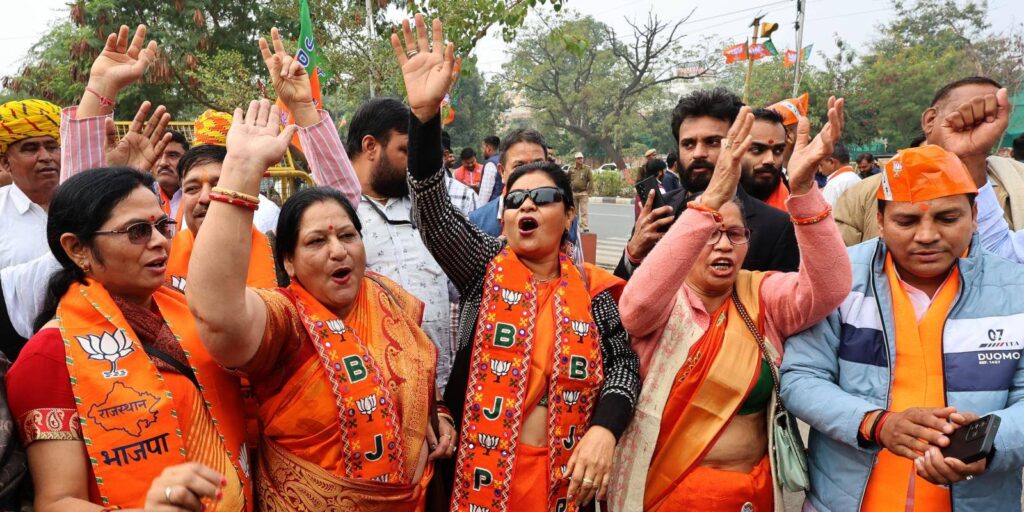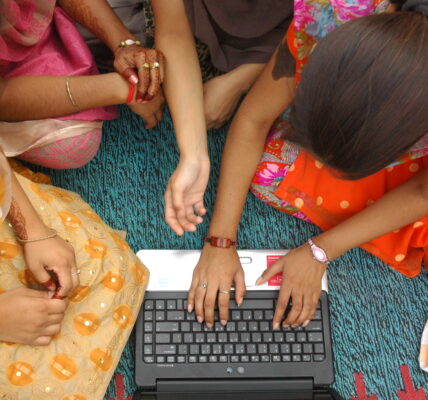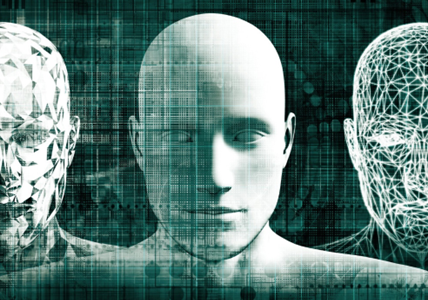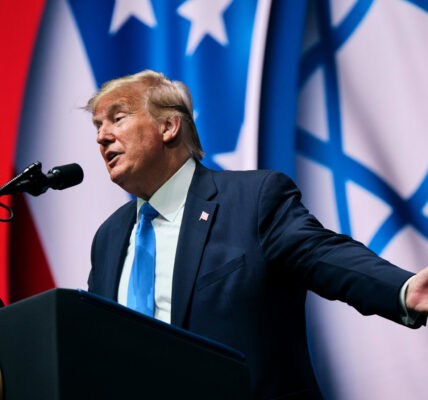INDIA: AI Dominates the World’s Biggest Election as Bollywood Deepfakes Target Voters
As India’s general election unfolds, the proliferation of deepfake videos endorsing political parties and candidates has ramped up, particularly with the recent spotlight on manipulated videos featuring Bollywood celebrities. This surge in deepfake manipulation coincides with reports from McAfee, indicating that nearly 1 in 4 Indians recently encountered a political deepfake only later discovering it was a fake, with 31% reporting their concern on the influence of AI on elections.

With nearly a billion eligible voters, India’s election is not only the largest democratic exercise in the world but also a battleground for disinformation campaigns fuelled by AI. Social media platforms have become breeding grounds for manipulated content, as evidenced by recent viral deepfake videos featuring Bollywood stars Ranveer Singh and Aamir Khan.
Singh’s video portrays him criticising Prime Minister Narendra Modi for purportedly ignoring the plight of the unemployed and the poor, while Khan’s clip warns voters about falling for “empty promises” from political leaders.
While the viral videos appear to show real footage of the actors, sourced from past interviews and public appearances, the audio has been cleverly manipulated using AI. Watchful viewers might notice that the actors’ lip movements don’t always match the spoken words, hinting at manipulation.
Such tactics not only undermine the credibility of the political discourse but also manipulate public opinion by leveraging the influence of beloved public figures.

Indians Wary of Deepfakes: 73% Encounter Manipulated Content
A recent survey by cybersecurity firm McAfee found that a significant portion of the Indian population has encountered deepfakes: 73% of respondents reported exposure to this manipulated content.
Furthermore, deepfakes’ potential to influence the ongoing general elections emerged as a top concern, with 31% of Indians listing it as one of the most worrisome aspects of AI-powered technology.
This concern isn’t unfounded. The survey revealed a heightened awareness of deepfakes compared to last year, with a staggering 80% expressing increased worry. The challenge of spotting online scams seems to be growing alongside AI, with 64% of respondents believing AI has made it harder to distinguish real from fake content.
This difficulty extends to AI-generated voice content, with only 30% confident in their ability to identify real from fake voicemails or voice notes. Perhaps most concerning, nearly a quarter (22%) of Indians have unknowingly encountered political deepfakes, only realising their deceptiveness later.

Deepfakes plaguing India’s elections demand stronger anti-misinformation measures. While India’s Election Commission has taken steps to regulate social media during elections, the rapid advancement of AI technology demands a more proactive approach to identify and mitigate the spread of fake news. India’s struggle serves as a global wake-up call for democracies – fighting deepfakes requires a united front to protect democratic institutions everywhere.

The Internet Freedom Foundation has sounded the alarm on the implications of deepfake technology in the electoral process. They highlight the evolution of political campaigning, noting that while manipulative tactics existed in previous elections, the accessibility of generative technology now poses unprecedented risks.
“The ability to derail or discredit another candidate’s campaign or to even make false and fictitious claims to bolster one’s campaign existed in previous elections,” they stated. “However, the ability to do that in the upcoming elections with such generative technology, that is also readily and freely available to everyone, may have drastic implications on a large scale – such as voters being deliberately misinformed, affecting their ability to exercise their democratic right to cast a free and informed vote.”
India stands at the forefront of a digital deception battleground. The world watches intently, for this fight extends beyond India’s borders. Only through collective vigilance, innovation, and global cooperation can we hope to mitigate the threat of AI-generated disinformation.

















































































































































































